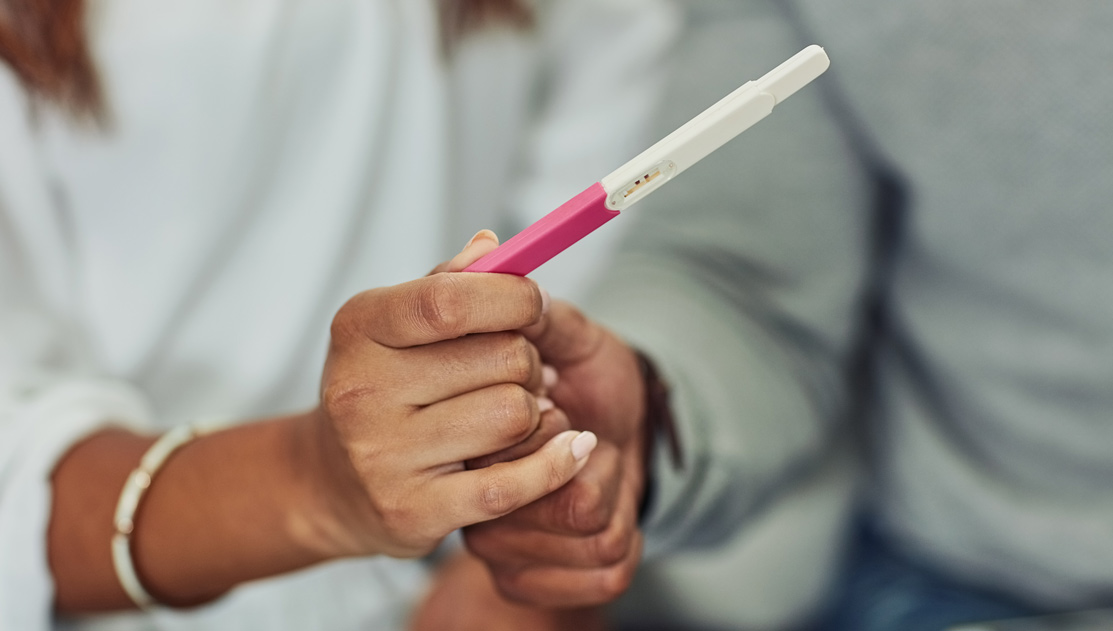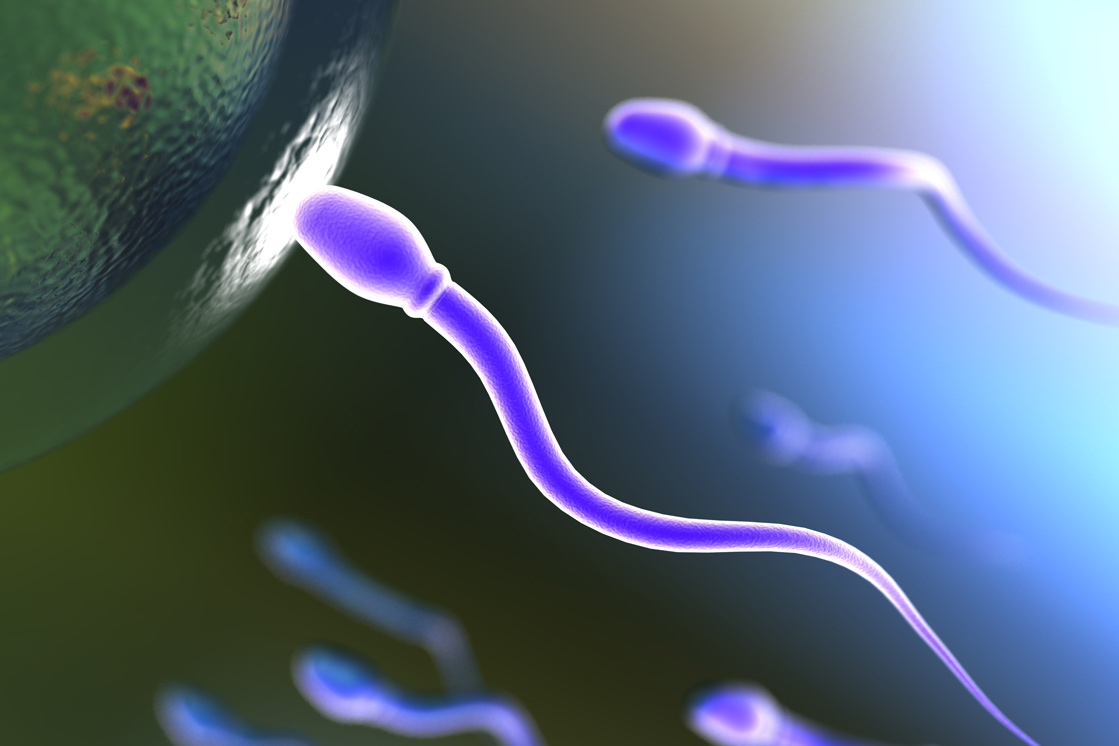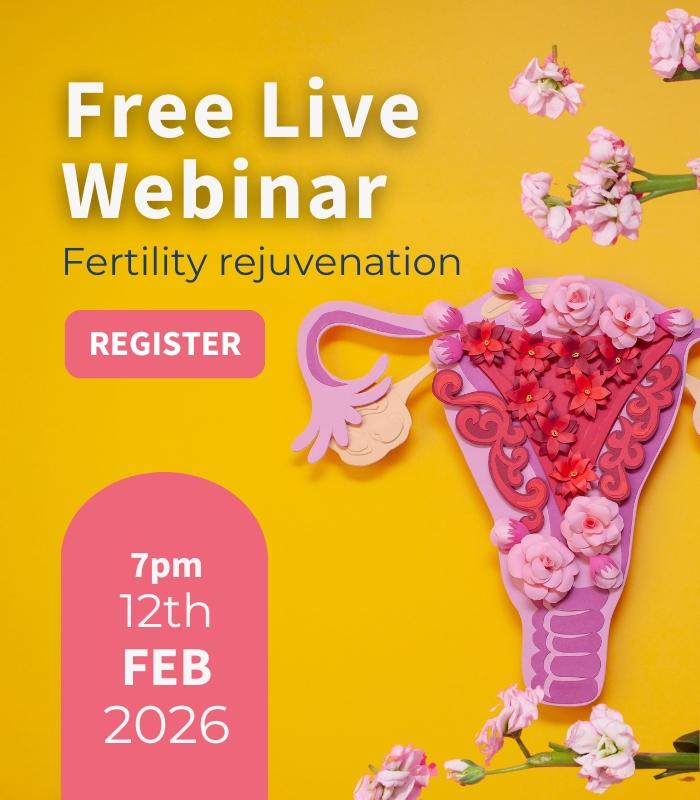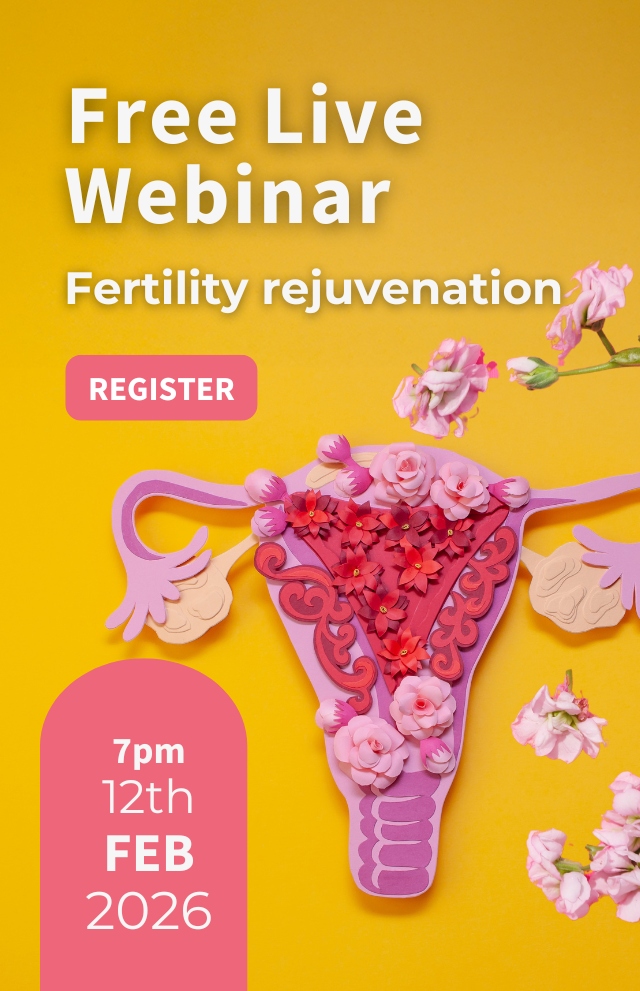Getting pregnant is not as easy for some as it is for others and, unfortunately, there is no guaranteed recipe for getting pregnant. The journey is different for each and every couple, which is why it is important to avoid comparing yourself to others, even though it may be tempting to. It’s also essential to know that you’re not alone (one in seven heterosexual couples are affected by infertility) and that help is available.
If you are wondering ‘why am I not getting pregnant?’, after having tried to conceive over a period of time, you should know that there are tests available that can investigate what exactly is preventing you from progressing on your pregnancy journey, as well as treatments and other steps that you can take. In this blog post, we look at some of these options and how they might help you become pregnant.
Maintain your health & wellbeing
While there are many perfectly fit and healthy couples who have trouble getting pregnant due to infertility issues, maintaining your own health and wellbeing can help to increase your chances of getting pregnant by providing you with the energy, physical fitness and nutrients to improve your fertility.
Diet
Food plays one of the largest roles in helping us intake the vitamins and minerals that we need to function properly. Therefore, maintaining a healthy diet is crucial in helping to create an environment that is fit for a foetus to grow. While it is important to maintain an overall healthy diet, studies show that there are particular foods which are linked to improved fertility such as milk, due to the presence of calcium and vitamin D.
There are no foods that you can eat to guarantee conception, but there is certainly truth in the statement that eating disorders, particularly anorexia and bulimia, can negatively impact fertility. If you have an eating disorder or you know or suspect that your partner has one, you may want to seek help for this if you are trying for a baby.
Exercise
Regular exercise will help you achieve and/or maintain an ideal weight, which may aid you in your conception goal. Like food, too much or too little exercise may be preventing you from becoming pregnant.
Overexercising, especially, can make you lose excessive amounts of weight to the point where you stop ovulating. Becoming addicted to exercise and weight loss can also cause stress, which affects your menstrual cycle.
The perfect amount of exercise for maintaining a healthy body varies from person to person. However, the recommended amount is 30 minutes of moderate exercise (for example brisk walking) per day, five days per week. If you are achieving this, there should be no reason why your exercise is affecting your chances of getting pregnant.
Smoking & drinking
Smoking and drinking can not only cause issues with your pregnancy and increase the risk of miscarriage, but these habits can also significantly harm your chances of getting pregnant. Both of these habits are not advised for both men and women when trying to conceive.
Take a fertility test
As with any aspect of health, treatment begins with finding the root of the issue and in order to do this, tests must be conducted. There are a number of fertility tests that can be performed to help figure out the cause of your infertility. For women, these include:
- Transvaginal Ultrasound Scan – A pain-free procedure that involves an assessment of the uterus, ovaries and fallopian tubes. We can also count the small follicles in your ovaries (Antral Follicle count AFC) which indicates your egg storage (Ovarian Reserve).
- Egg reserve by a blood test for Anti-Mullerian Hormone – This test helps determine the number of eggs you have by measuring your levels of a hormone known as the Anti-Mullerian Hormone (AMH). A high ovarian reserve suggests good fertility potential, while a low reserve could indicate the declining function of the ovaries.
- Saline Hysterography (SIS) Aqua Scan – If you experience implantation failure or miscarriage, this can sometimes be due uterine abnormalities like polyps, adhesions or scar tissue. During the procedure, we check whether your tubes are open. This procedure can provide better visualisation of potential obstructions.
Fertility issues don’t just affect women – there can be issues when it comes to male fertility too. For men, semen analysis may help to determine your conception problems and helps to determine the count, motility, morphology and vitality of semen. Meanwhile, a MAR test can detect anti-sperm antibodies, the presence of which can indicate secondary infertility.
Can IVF/ICSI help me get pregnant?
In-vitro fertilisation (IVF) and Intracytoplasmic Sperm Injection (ICSI) are two of the most popular fertility treatments to help couples who are struggling to conceive. These procedures can be used to conceive in women who have blocked fallopian tubes, endometriosis and ovulation disorders, and men with low-quality sperm. They can even be used in the event of unexplained infertility, with a high success rate.
We have more information about the difference between these two fertility treatments here.
Can reproductive immunology help me get pregnant?
Reproductive immunology aims at minimising recurrent miscarriage by investigating the possibility of foetus rejection due to immune cells in the body.
The theory is that natural killer cells, which help prevent cancers, can over-populate the uterus or exist at excessive levels within the bloodstream. These cells can then go on to attack the embryo or disrupt the endocrine system that produces pregnancy hormones.
If you’ve had recurrent miscarriages and trouble carrying a baby to term or even implantation failure / unexplained infertility, reproductive immunology could help find out why that is, and offer a treatment in the form of immunotherapy to increase your chances of pregnancy.
To investigate your fertility and find out more about fertility treatment options, book a consultation at The Fertility & Gynaecology Academy by clicking here or calling 020 7224 1880.









